Introduction
In today’s digital landscape, businesses cannot afford to overlook the importance of website security. A secure website not only safeguards sensitive information and protects your business from cyberattacks but also engenders trust among your visitors and customers, contributing to the overall success of your brand. As the market leader in Singapore’s web hosting industry, CLDY have been pivotal in offering secure hosting solutions and supporting numerous businesses in maintaining effective website security.
In this blog article, we will examine the vital role of website security for businesses and share expert advice and insights on implementing comprehensive security measures to protect your site from cyber threats. Drawing on the expertise of industry leaders like CLDY, this article will equip businesses with the necessary knowledge and guidance to fortify their websites and inspire trust among their users.
Website security is a multi-faceted endeavour that requires ongoing attention and investment. With cyber threats constantly evolving, businesses must stay up-to-date with the latest security technologies and practices to guard their online presence effectively. A secure website not only protects your business from potential data breaches and hacking attempts but also demonstrates to your visitors that you take their privacy and security seriously, fostering trust and customer loyalty.
Let’s delve into essential strategies for implementing robust website security measures, including website encryption, secure hosting solutions, consistent software updates, and breach prevention initiatives. By adopting the best practices outlined in this article and leveraging the industry expertise of CLDY, businesses can effectively establish and maintain a safe and secure online presence, bolstering brand trust and online success.
Fortifying Your Website: Best Practices for Comprehensive Website Security
- Implementing Website Encryption with SSL Certificates
Secure Sockets Layer (SSL) certificates play a vital role in the protection of data transmitted between your website and your visitors’ devices. Here are the benefits of using SSL certificates:
- Data Encryption: SSL certificates encrypt data transmitted over the Internet, protecting sensitive information such as login credentials, payment information, and personal data from being intercepted by cybercriminals.
- Authenticity: SSL certificates validate your website’s authenticity, assuring visitors that they are engaging with a genuine and secure site.
- Trust and Credibility: An SSL certificate enables the display of a padlock symbol and “https” in the browser address bar, demonstrating to visitors that your website is secure and trustworthy.
- Improved Search Engine Rankings: Secure websites with SSL certificates receive a boost in search engine rankings, enhancing your online visibility and web traffic.
- Choosing a Secure Hosting Solution
A secure hosting solution is a critical foundation for your website’s security. Consider these factors when selecting a hosting provider:
- Security Features: Opt for a hosting provider that offers comprehensive security features such as malware scanning, firewall protection, and intrusion detection systems to safeguard your website from cyberattacks.
- Backup and Recovery: Select a hosting provider that includes regular, automated backups and streamlined recovery options to minimise data loss and downtime should a security incident occur.
- Uptime and Reliability: Evaluate the uptime and reliability of potential hosting providers, ensuring consistently high availability and prompt technical support, as exemplified by the CLDY group.
- Security-Focused Infrastructure: Choose a hosting provider that adheres to industry-standard security practices, implementing secure data centres and network architecture, as well as rigorous access controls.
- Ensuring Consistent Software Updates and Security Patches
Regular software updates and security patches are vital for protecting your website from newly discovered threats and vulnerabilities. Consider these best practices:
- Update CMS Software: Keep your content management system (CMS) software up-to-date to benefit from the latest security enhancements and bug fixes.
- Update Themes and Plugins: Regularly update your website’s themes, plugins, and extensions to mitigate potential security vulnerabilities and maintain optimal site performance.
- Monitor Software Update Notifications: Be proactive in monitoring update notifications and security advisories from software vendors, ensuring prompt action to protect your website.
- Implement Automated Updates: Where applicable, enable automated updates for your CMS software, themes, and plugins to facilitate consistent and timely security maintenance.
- Embracing Breach Prevention Initiatives and User Education
Effective website security requires not only technical measures but also the implementation of breach-prevention initiatives and user education. Consider these strategies:
- Strong password policies: Encourage and enforce the use of strong, unique passwords for all user accounts, reducing the risk of unauthorised access to your website.
- Two-Factor Authentication (2FA): Implement 2FA on your website, requiring an additional layer of security, such as a one-time password or authentication app, to verify user identities.
- Regular Security Audits: Conduct routine security audits and vulnerability assessments, identifying weak points in your website and implementing necessary security enhancements.
- User Education and Awareness: Promote security awareness among your team members by providing training, guidelines, and resources on best practices for website security and data protection.
Conclusion
Website security plays a critical role in safeguarding your online presence, protecting sensitive information, and engendering trust among your visitors. By implementing robust security measures such as website encryption, secure hosting solutions, consistent software updates, and breach prevention initiatives, your business can effectively ward off cyber threats and instil confidence in your users.
Inspired by the expertise and success of industry leaders like CLDY, businesses can adopt the best practices and insights shared in this article to establish and maintain comprehensive website security, fostering brand loyalty and online success. Fortify your website and protect your business from ever-evolving cyber threats, cementing your position in the digital realm.










